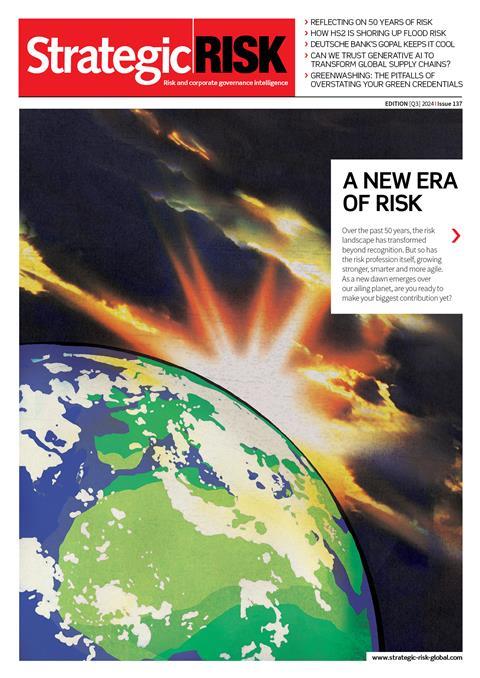Organisations with a diversified supplier base are better equipped to address the effects of COVID-19 on their supply chains
The Institute of Supply Management (ISM) has released its second wave of research on COVID-19 impacts on businesses and their supply chains. Insights reflect input gathered by ISM, primarily from US-based respondents between March 17 and 30.
Overall, response to the coronavirus is expected to substantially diminish organisational revenue and capital expenditures as impacts start to solidify within more organisations. Survey results note that almost one-half (47%) of respondents’ report reduced revenue targets of 22 percent on average, with 36% reporting a 27 percent reduction, on average, in CAPEX plans.
However, some industries expect increasing revenue. This includes Food, Beverage & Tobacco Manufacturing (+8.8%), Wholesale Trade (+0.3%), and Management of Companies & Report Services (+17.5%).
The majority (57%) reported that demand for their products has decreased, on average, five percent. Alternatively, significant demand is hitting the Health Care & Social Assistance (+50%) industry, as evidenced by demand for personal protective equipment (PPE), even as revenue targets are adjusted by -30%.
“Domestic and global companies are in the midst of rapid shifts in supply chain planning, operations and inventory management to address coronavirus impacts,” said Thomas Derry, chief executive of ISM. “The data suggests that even as companies adjust to supply disruptions – even anticipating normalising supply conditions by the third quarter – they are expecting lower aggregate demand this year, which promises to be the most long-lasting impact of the virus outbreak.”
In early March, more than 80 percent believed their organisation would experience some impact due to COVID-19 disruptions. By the end of March, this increased to 95 percent of organisations who will be or have already been impacted by coronavirus supply chain disruptions.
Severe supply chain disruptions were experienced in multiple regions to varying degrees. In early March, six percent reported severe disruptions across their supply chains generally. By the end of March, severe disruptions were being reported in North America, Japan and Korea (by 17% of respondents for each), Europe (by 24% of respondents) and particularly China (by 38% of respondents).
“We’re seeing further feedback that organisations who diversified their supplier base after experiencing tariff impacts, are potentially more equipped to address the effects of COVID-19 on their supply chains,” said Derry.




















No comments yet